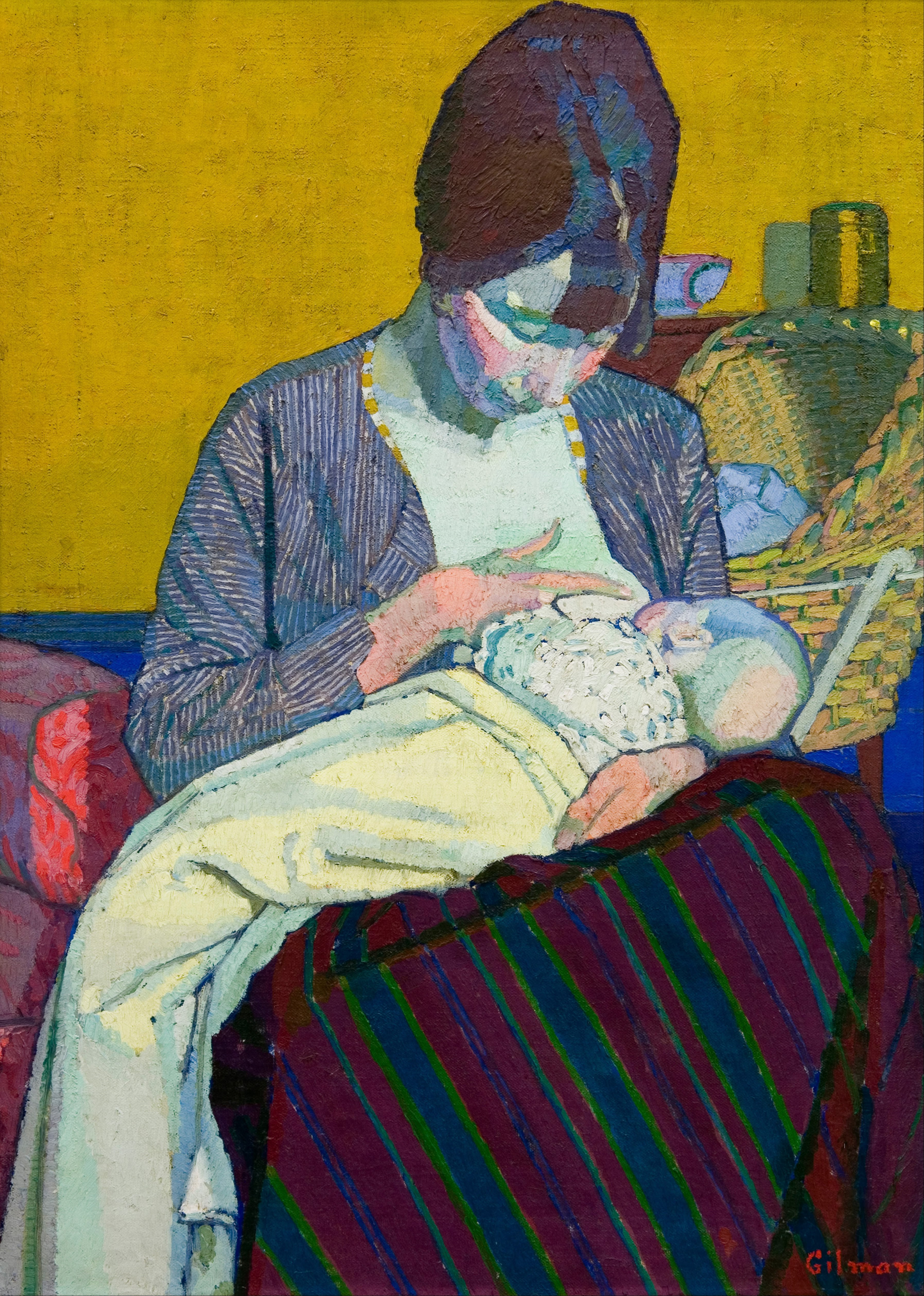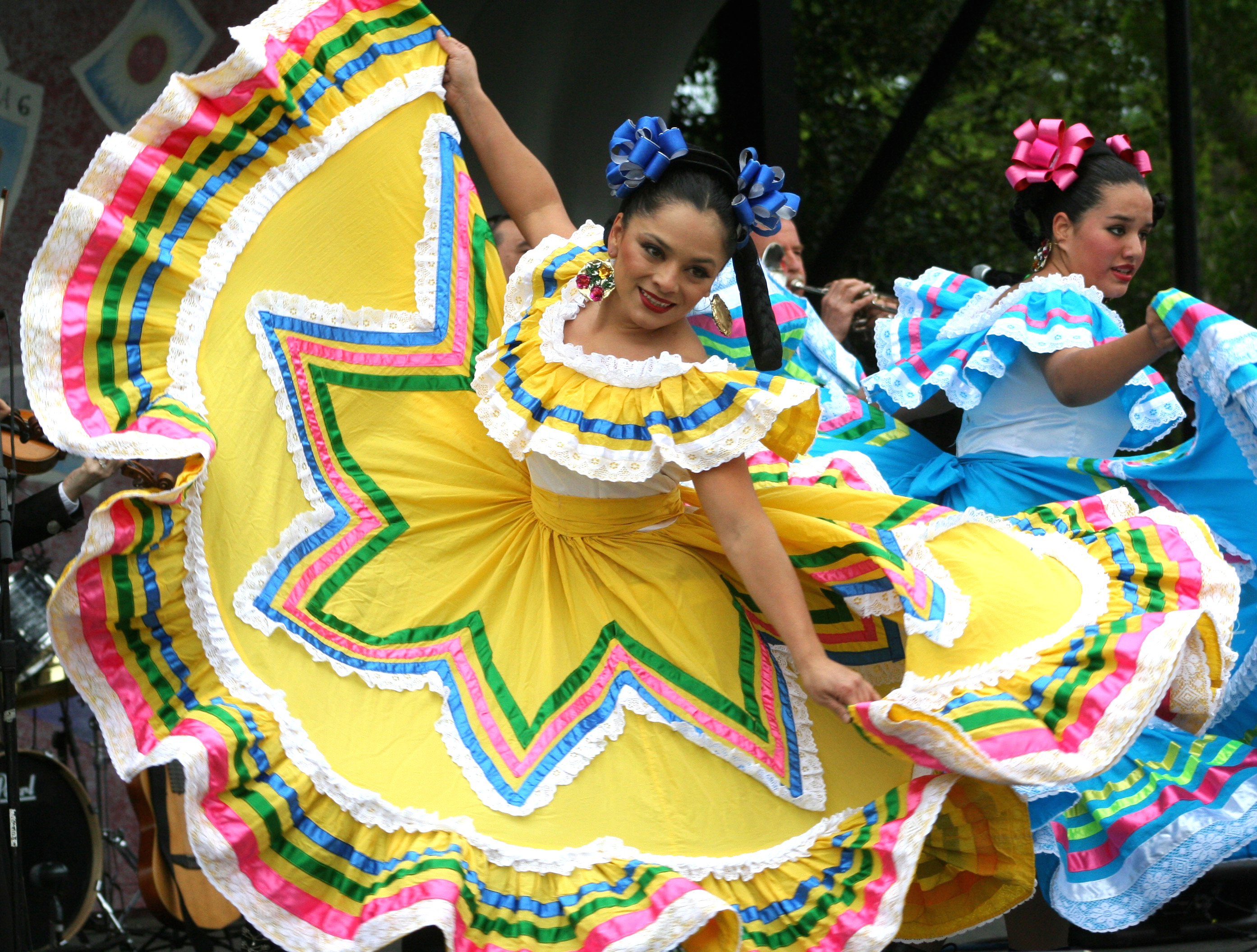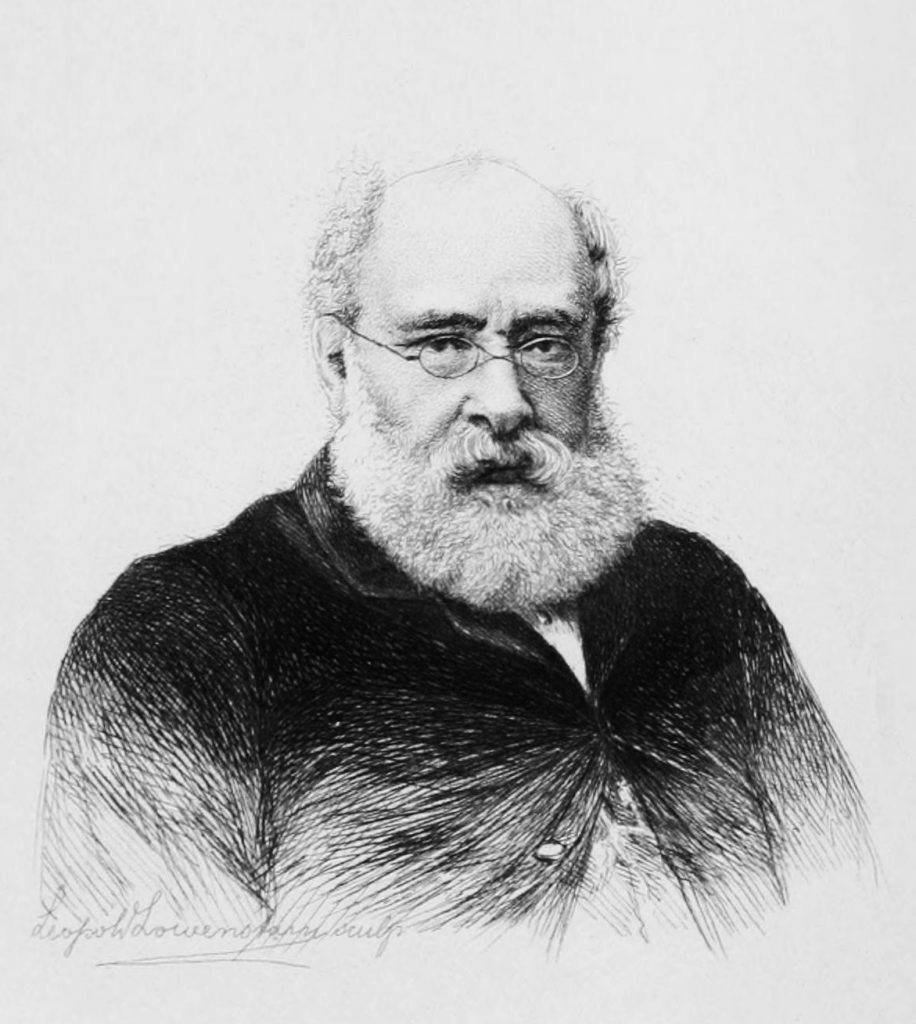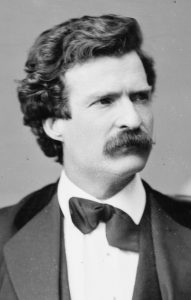In honor of the new documentary Weiner, which hits cinemas this week, Glossophilia is re-posting this short essay on the etymology of wiener, which was originally published when Big Weiner was running for mayor … Continue reading
Flea marketing – and the ubiquitous yard sale
A post about flea markets and yard sales, first published in February 2013. Do you know what Brits call them? Continue reading
To calve: one verb, two meanings
Sometimes — and only sometimes — a YouTube video is worth a thousand words.
Calve:
VERB
1. [NO OBJECT] (Of cows and certain other large animals) give birth to a calf.
2. [WITH OBJECT] (Of an iceberg or glacier) split and shed (a smaller mass of ice).
2.1 [NO OBJECT] (Of a mass of ice) split off from an iceberg or glacier.
calve (v.)
Old English cealfian, from cealf “calf”. Of icebergs, 1837. (Etymonline)
Gung ho — and other Chinese imports
“Some golfers hardly gung-ho about chance to win Olympic gold,” read a recent headline in the Chicago Tribune. It’s a common enough expression — gung ho — in both American and British English, meaning “unthinkingly enthusiastic and eager, especially about taking part in fighting or warfare” (OED). But it recently occurred to me that being a phrase of Chinese origin, gung ho is fairly unusual in its etymology: I can’t think of many other words or phrases that English has borrowed from that language. So I did some digging … Continue reading
“Goddamn grabby”?
“I just don’t think it will be grabby enough for [X magazine],” a journalist explained candidly in his response to one of my pitches yesterday. I had never heard, until then, the adjective “grabby” with that meaning — of arousing interest or attention. In fact, I’m not sure I’ve ever heard or read the word grabby in any context. I knew exactly what he meant when he consigned my pitch to the ungrabby bin, and it’s certainly not the first time one of my suggestions has been deemed ungrabby — even if they’ve never been labeled as such. But it did make me wonder about the history and pervasiveness of this curious colloquialism, which is quite grabby in its own right … Continue reading
Words for Mothers’ Day
“She was the stuff of which great men’s mothers are made. She was indispensable to high generation, feared at tea-parties, hated in shops, and loved at crises.”
— Thomas Hardy, Far from the Madding Crowd
Mother o’ Mine
If I were hanged on the highest hill,
Mother o’ mine, O mother o’ mine!
I know whose love would follow me still,
Mother o’ mine, O mother o’ mine!
If I were drowned in the deepest sea,
Mother o’ mine, O mother o’ mine!
I know whose tears would come down to me,
Mother o’ mine, O mother o’ mine!
If I were damned of body and soul,
I know whose prayers would make me whole,
Mother o’ mine, O mother o’ mine!
— by Rudyard Kipling
*****
To My Mother
You too, my mother, read my rhymes
For love of unforgotten times,
And you may chance to hear once more
The little feet along the floor.
— by Robert Louis Stephenson
*****
Cinco de Mayo — a poem
Cinco de Mayo
a battle
in some
history books
a fiesta
of music
and colors
a flag
waving
occasion
a flirting
dance
and a pinata
orchata
corn chips
and guacamole
a mango
with some chile
and lemon
a cry
of joy
and spring
yes, summer
vacation is just
around the corner!
by Francisco X. Alarcon
from Laughing Tomatoes and Other Spring Poems
Answers to writers quiz
In case anyone is still wondering about last week’s writers quiz, here are the answers below. Congratulations to Virginia Barder (full disclosure: she’s my sis, but I promise she didn’t get any inside info or extra clues) for being the first to solve it, and an honorary mention to Olivia, who solved the whole quiz within the space of about 10 minutes. Continue reading
In the news … (April 29)
TGIF … In language and usage news this month (and it’s been a good one), we have a Presidential hopeful having some trouble abroad — in pronouncing the name of that place he’s never been to; some landmark capitalization rules (or make that “DEcap” rules) at the AP; how personality is behind grammar nazis; does the name “Jim Wilson” mean anything to you (especially if you’re in the aviation world)?; find out which words were born in the same year as yours truly; the difference between anti-Semitism and anti-Zionism; some words made famous on an iconic TV show; and some dope on pugs … Continue reading
Writers trivia quiz
A writers trivia quiz for a Sunday afternoon. A couple of the questions are fairly easy; a couple not so easy. (I’ll be interested to see if anyone gets the bonus one; my daughter reckons no-one will.) Answers will be posted here next Sunday, along with the names of anyone who guesses all four (or five) correctly. If you’ve worked any of them out, please write the first letter(s) of the key word(s) summarizing the answer in the comments section below: i.e. be cryptic — no spoilers. Good luck! Continue reading












